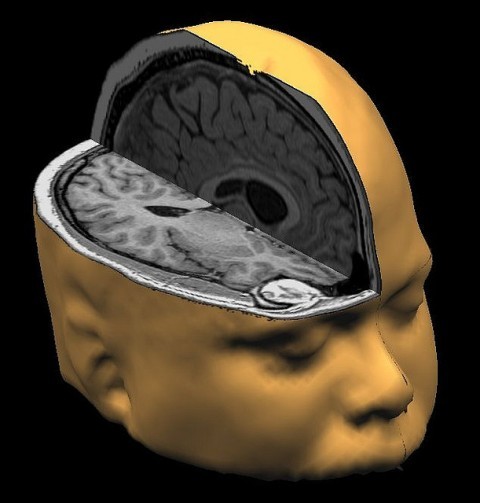Human Brain can be Switched Off: Study

The human brain can be switched off and on, finds a study.
Many researchers have been curious to know if it is possible to create a state of unconsciousness without falling asleep. Experts from the George Washington University discovered specific brain areas that can insensate awareness after receiving electric signals. They placed electrodes in the brain of a 54-year-old woman who had intractable epilepsy and had seizures in the claustrum, a thin irregular sheet of neurons that is attached below the neo-cortex in the brain. Upon receiving the electric impulses, the woman became unconscious and woke up having no memory of what had transpired.
The scientists found that stimulation of the claustrum did not cause seizures but, led to slight alterations in motor and language abilities of the subject. In order to ensure the procedure did not completely erase verbal and movement skills, the woman was asked to repeat a few words and do minor actions like snapping fingers before being given electric impulses. The experiment recorded no drastic deterioration or changes in her movement skills indicating that the brain can actually be stopped and aroused again.
"The claustrum could constitute a common gate to the 'external' and 'internal' awareness networks. This could explain why the electrical stimulation of the claustrum, and the resulting alteration of its normal function, would cause an impairment of consciousness, including an absence of recollection of the external events and of internal or interoceptive experience," write the authors in the study, reports the CBS News.
The authors believe this method can be employed in the treatment of neurological disorders like Parkinson's disease, Alzheimer's disease and dystonia. Individuals who suffer from repeated bouts of depression will benefit by this switching on and off the brain. In addition, they say activating a few brain locations may restore movement and consciousness in coma patients or those with epilepsy.
More information is available online in the journal Epilepsy and Behavior.
Jul 08, 2014 08:39 AM EDT




